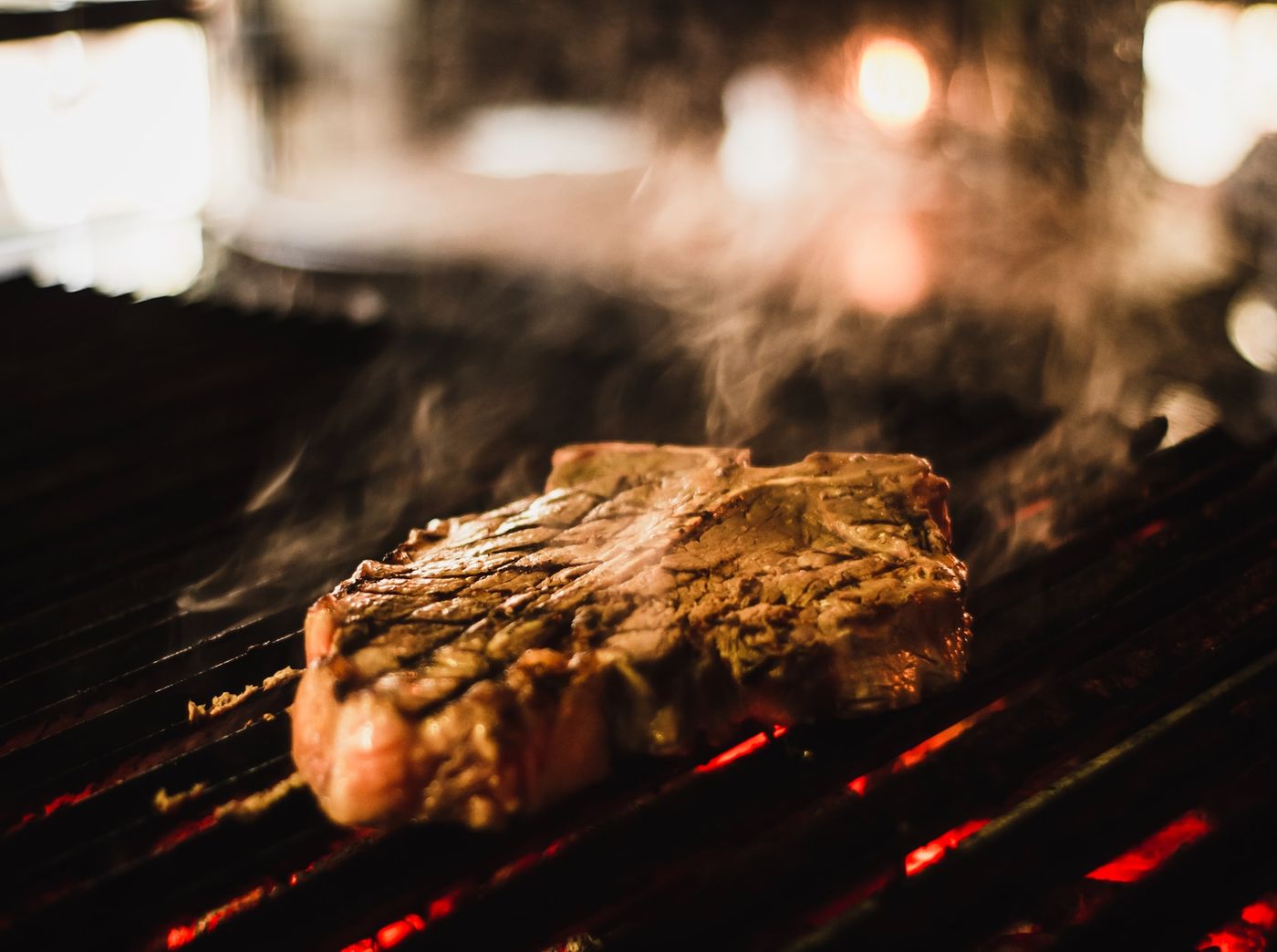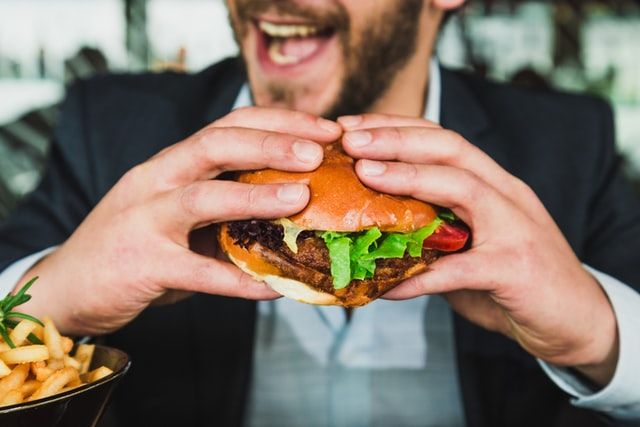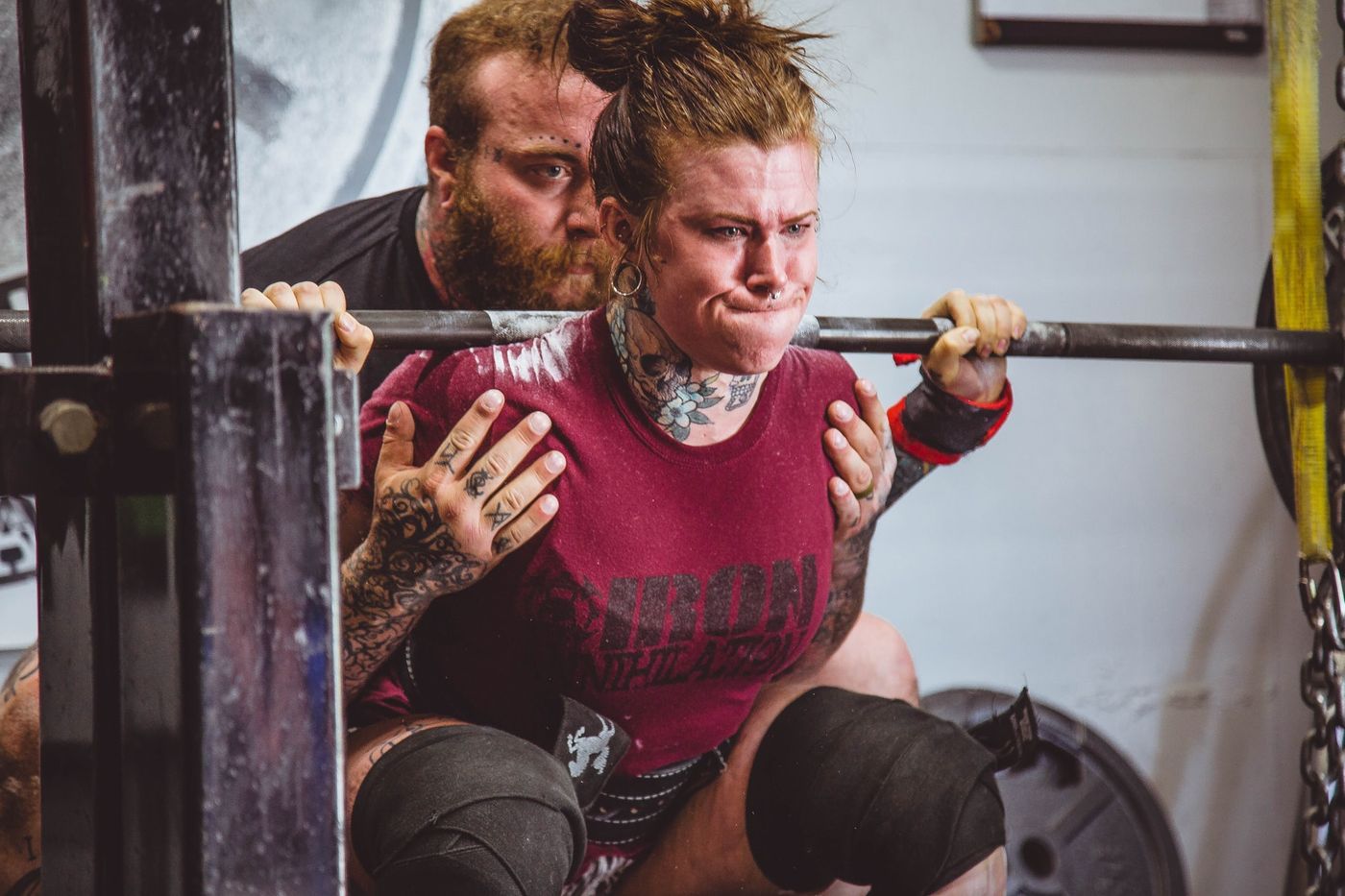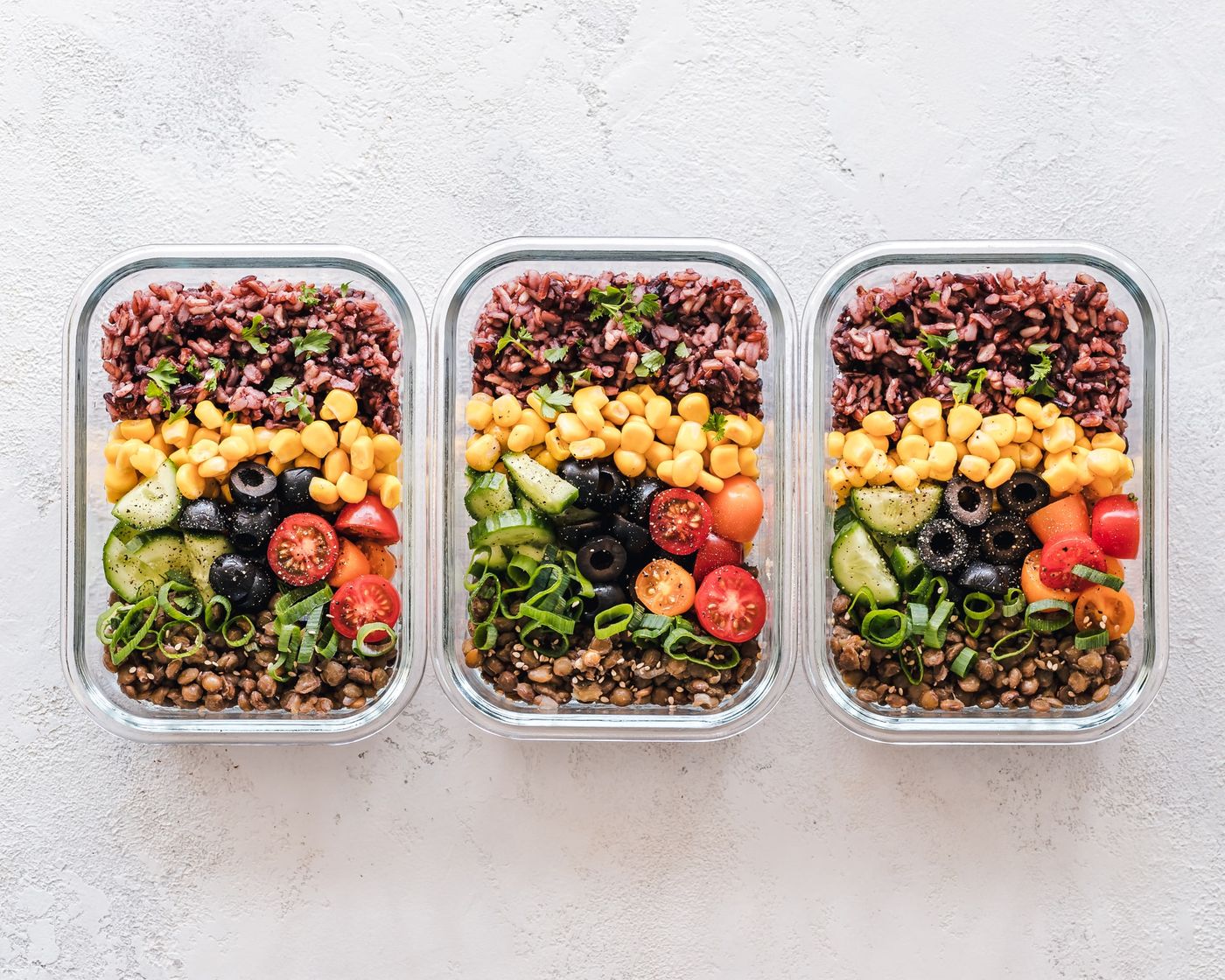Why do bodybuilders need to eat multiple meals a day? The real reason is not to waste protein absorption
When you started joining the weight training camp, has protein intake become a number you value every day? However, is the intake of protein unlimited? of course not! You may have heard that the human body cannot absorb more than a limited amount of protein at one time. Usually, this number is between 20-40 grams. Basically, we need to eat about 100-200 grams of meat in this number range. If you eat more protein The amount of protein absorbed in each meal, the rest will go to waste!

So, does this mean that someone who engages in intermittent fasting or OMAD (one meal a day) is at risk of muscle loss due to the upper limit of protein absorption? Those with higher protein needs, such as professional athletes or active people, do they need to consume protein in 5 or 6 small servings throughout the day? Because, if they don't do this, they can't fully absorb the protein into the body and supply it for muscle repair and growth.
With so many questions, let us explain from a scientific point of view how to consume protein so that it can be fully utilized in muscles.

body absorbs protein
First of all, we need to know that proteins are made up of many large molecules and many small units called amino acids. They are one of the most important building blocks of our body and, therefore, the most important part of any diet or eating pattern. An important part, not only your body's muscles are made of protein, but all other tissues, organs, hair and even hormones and enzymes need protein.

The protein in our body is made up of 20 kinds of amino acids, of which 9 are called essential amino acids (essential amino acids), because the body cannot synthesize them, they are contained in rich sources of protein, such as meat, fish , eggs and dairy products, etc. Also, in addition to meat it is found in plants, so we need to combine different plant sources so that your body can have a sufficient amount of the 9 essential amino acid sources.
When you eat food containing protein, it is broken down into amino acids in the stomach; the amino acids are then absorbed by cells in the small intestine into the bloodstream and distributed to any part of the body that needs repair and rebuilding, For example, muscles and other organs and tissues that supply the body after training, our small intestine can function as a protein storage pool by absorbing and storing large amounts of protein until the body needs them at a later stage. Therefore, use in meals The presence of slowly digestible protein or fiber can further increase retention. Additionally, digestion is slowed when the presence of large amounts of protein is detected.
Protein intake and muscle growth
Does the upper limit of protein absorption help maximize muscle growth? Most noteworthy about this issue is that studies of protein absorption are somewhat inaccurate because it is currently impossible to track the exact fate of amino acids, especially once they are absorbed into the bloodstream by the small intestine. However, most relevant studies will rely on data on intake and output or nitrogen excretion through urine for reporting, however, this will also mean that some parts of the details and accuracy are ignored .
However, we have a good understanding of how quickly proteins are absorbed, and it depends a lot on the type of protein. For example, "whey", one of the most commonly consumed proteins with the fastest absorption efficiency, can be absorbed at about 8 to 10 grams per hour; while casein is about 6.1 grams per hour, as you can see now, No protein absorbs at the same rate, they will absorb at different rates based on their composition and molecular structure.

Another important thing to consider is that not all nutrients pass through the gut at the same rate. Our bodies can rapidly absorb carbohydrates and fats while slowing down the absorption state of protein, which is the amount of amino acids transported from the small intestine into the bloodstream, and the amount of absorption is virtually unlimited!
However, the real question is, how much of the absorbed protein is used for muscle repair and retention, and how much is used for the functioning of the rest of the body?
Automatically adjust absorption speed
Most of our food is made up of a mix of protein, carbohydrates and fats, and our bodies automatically regulate the rate at which protein is absorbed, according to a 2004 study that reported a diet with reduced carbohydrates and increased high protein content. Effective for weight loss, because a high-protein diet will have an anabolic effect on the body for about 5-6 hours, and because larger foods are digested more slowly, their nutrients take longer to be fully absorbed , which means that many snacks and delicate high-carb foods can make people feel full quickly, and indeed feel hungry quickly!
So unless your main protein source is whey, you don't need to worry about your body absorbing protein quickly, when you eat a lot of protein at once, the digestive system can slow down the whole process, especially when you eat it with other nutrients into the body.

Intermittent Fasting and OMAD
Studies on intermittent fasting show this result, with one study noting that intermittent fasting combined with calorie restriction may provide better results in muscle mass retention compared to daily calorie restriction, and another on the OMAD diet The study concluded that this type of diet may have a slight benefit in terms of body composition.
A 2016 study on a 20:4 fasting regimen and a control group combined with resistance training showed increases in muscle mass (measured in the biceps and rectus femoris) and bench press strength were similar between the two groups, in addition, in terms of anabolic protein intake In terms of response, a 2014 study noted that even when large amounts of protein are consumed, there is little or no limit to maximal anabolic response after a meal.

It is important to note here that the net anabolic response (how much muscle mass you gain) also depends on protein breakdown, not just protein synthesis, both of which are constant processes in your body and are very complex; At high concentrations of protein availability, no upper limit of the number of anabolic responses was observed. To complicate matters, the same study noted that in order to stimulate optimal muscle protein synthesis, the body must consume more than 30 grams of protein at the same time.

Therefore, if you want to gain muscle and provide better absorption conditions for your body, you should consume more than 30 grams of protein at a time for your body to consume. I believe this will not be too difficult, as long as each meal is about 150 grams of meat, That will give you about 30 grams of protein!
I'm Mr. David! If you like reading my articles or think they are helpful to you, please follow me and give a like!
Like my work? Don't forget to support and clap, let me know that you are with me on the road of creation. Keep this enthusiasm together!

- Author
- More